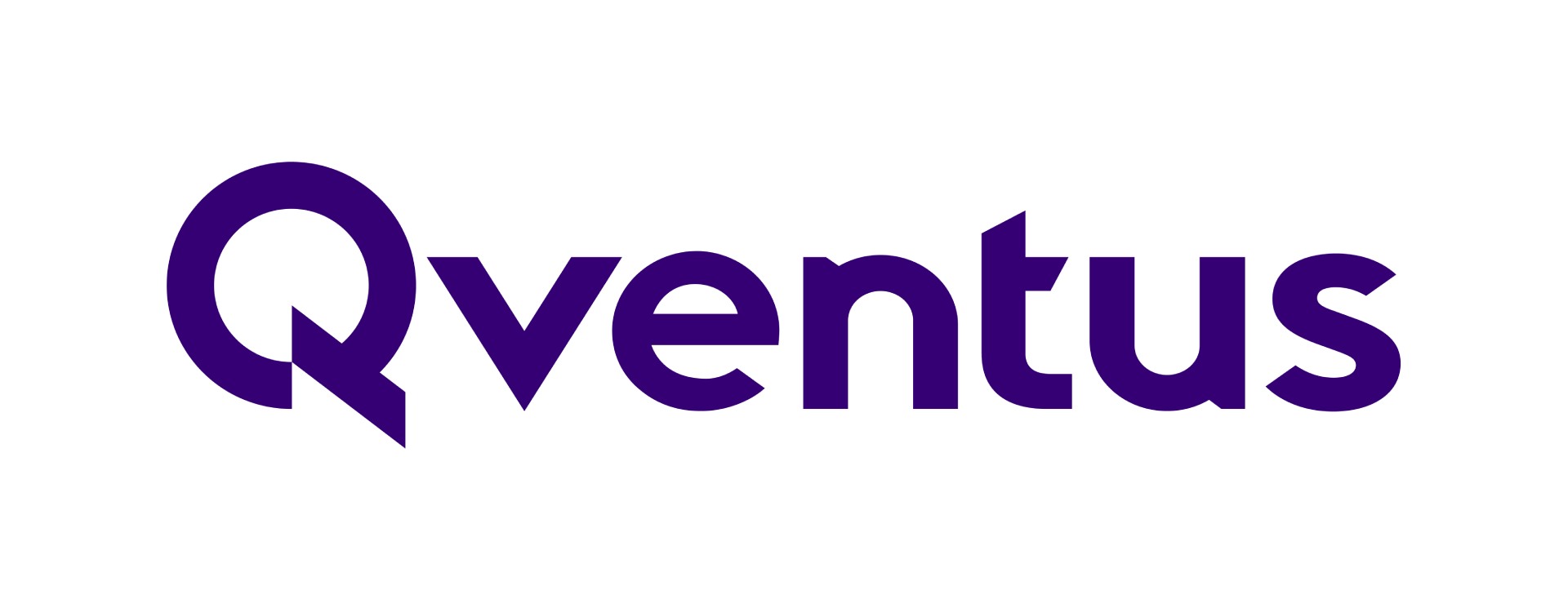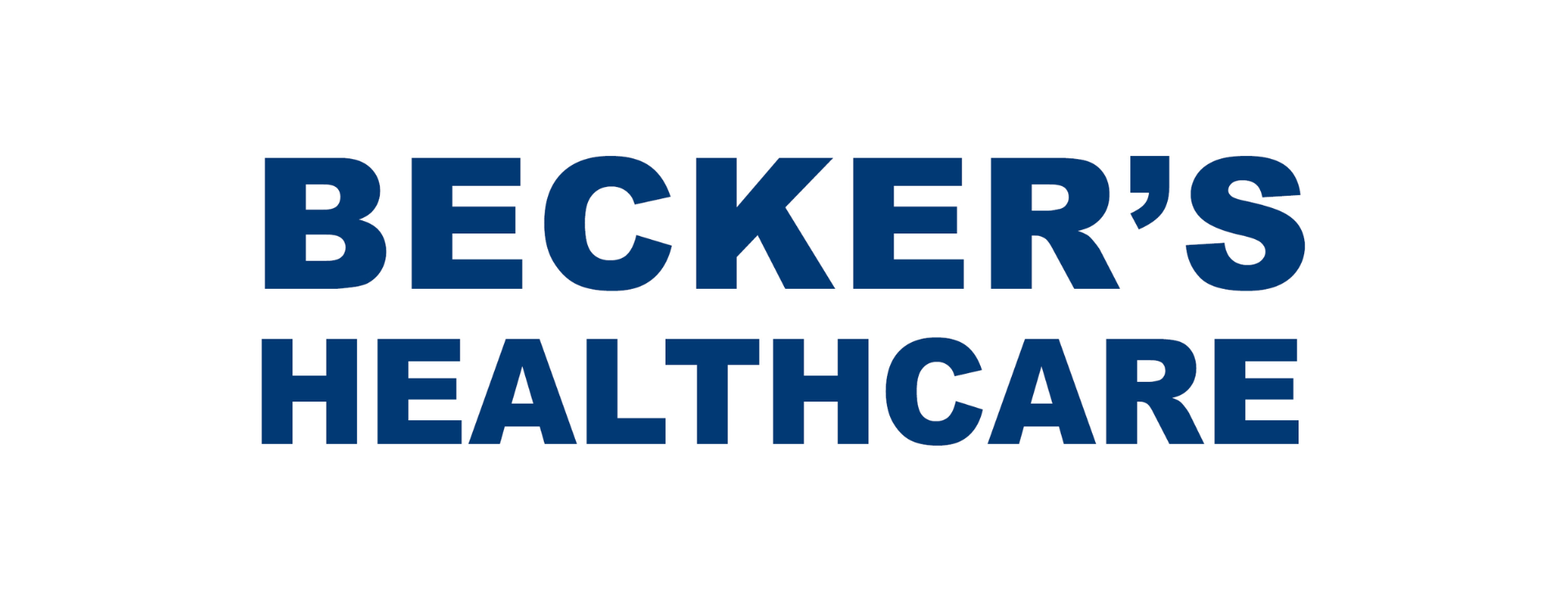IT Leaders View AI as a Transformational Opportunity, But Much Work Remains to Operationalize
NEW YORK, June 12, 2025 – Qventus, the leader in AI-driven care operations automation software, announces the release of the industry’s first comprehensive report on Chief Information Officers’ (CIOs) attitudes toward AI adoption at their respective health systems. The report presents both qualitative and quantitative findings, derived from survey results and in-depth, one-on-one interviews with CIOs, Chief Medical Information Officers (CMIOs), and other senior information technology (IT) leadership at medium and large health systems, including Northwestern Medicine, University of Arkansas for Medical Sciences (UAMS) and Banner Health.
Recent studies indicate that the role of CIOs in directing AI strategies has surged from 31 percent to 86 percent over the last year. In care operations–which includes access, scheduling & staffing, patient flow, quality management and referrals–no tool can be successful without the support of IT. These developments highlight the need for a detailed analysis of how CIOs invest in, evaluate, and regulate their AI strategies to enhance patient care and improve workforce productivity and satisfaction across the U.S. The new report focuses on actionable roadmaps for healthcare leaders, outlining how they can make informed buy-versus-build decisions for AI, criteria for evaluating and selecting AI vendors, methods to identify and measure high-return AI use cases, and the essentials for successful AI implementation and change management.
“This report validates the transformation we’ve seen across the industry over the last decade – AI is central to how leading health systems are driving operational excellence and improving care delivery,” said Mudit Garg, CEO and Co-Founder of Qventus. “This study offers a rare window into how CIOs play a role in leading this transformation and the complexity behind developing a comprehensive AI strategy. By sharing top health system leaders’ strategies, challenges, and priorities nationwide, we hope to help others refine their AI approaches to pave the way for long-term innovation and better patient care.”
Key findings from Qventus’ report include:
- When asked about their primary method for evaluating the ROI of AI investments, improved margins were ranked at the top (26 percent), followed by cost reductions (24 percent) and staff productivity and clinician satisfaction (each 16 percent).
- 54% identified enhancing operational efficiency and reducing costs as the strategic objective that will have the biggest impact in care operations.
- More than half of the survey respondents indicated that they have a formal AI governance committee that collectively oversees and manages the development and deployment of AI tools.
- Two-thirds of survey respondents said they are still developing their AI strategy, while 20 percent conceded it is “limited or fragmented.”
- Only 2% of IT leaders deemed their electronic health record’s AI offerings as “mature”.
As health system executives increasingly embrace AI and digital transformation to remain competitive and enhance healthcare delivery, this report will aid them in refining their AI strategies.
“As a Chief Clinical Informatics Officer (CCIO), bringing new technologies like AI into a health system is rarely straightforward. There are so many moving parts – figuring out the right adoption strategy, deciding how to measure impact, and making sure it supports financial goals, and most importantly, patient care standards. It can be challenging when resources that measure how other health systems are approaching AI adoption are limited,” said Joseph Sanford, M.D., the CCIO and Director of UAMS Institute for Digital Health & Innovation (IDHI). “These new insights help us pressure-test our approach alongside other health systems in the country and ensure we’re building AI in a sustainable, responsible way that truly supports better care for our patients.”
For over a decade, Qventus has used AI to intelligently automate care operations. Qventus’ suite of AI teammates identify logical next steps, take action on behalf of staff, and enable frontline teams to operate at the top of their license, helping hospitals achieve the margins needed to achieve their mission of delivering exceptional care to their communities.
###
About Qventus
Qventus uses AI to intelligently automate operations across care settings to help health systems secure the margins needed to achieve their mission of delivering exceptional care to patients in their communities. Leveraged by more than 150 hospital facilities, Qventus’ enterprise platform and AI solution suite reduce the administrative burden, identify potential issues upstream, surface suggested interventions, and actually take action to solve problems for busy healthcare staff—a collective system of action that sits on top of a hospital’s enterprise systems of record. Qventus unlocks best-in-industry ROI by driving strategic surgical growth, creating capacity, and reducing costs, all while delivering powerful insights to help solve long standing operational challenges once and for all. 100% of clients say they consider Qventus part of their long term strategy. Learn more at www.qventus.com.
Media Contact


